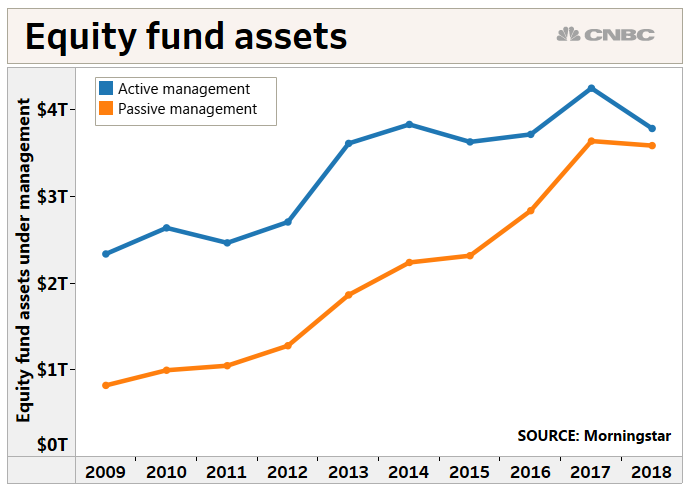I believe this is a site where many are retired and can probably find 10 or 15 minutes to post 3.75 times a day
But does he have to tell us how smart he is 3 times a day.
" I have thought about it myself, but presently sticking with total world where S&P is around 40%. (BTW the US market is not "the market." Certainly the pros are not sitting at 100% home country bias. Nor are many of us here.)"
You would be surprised
Last edited:



